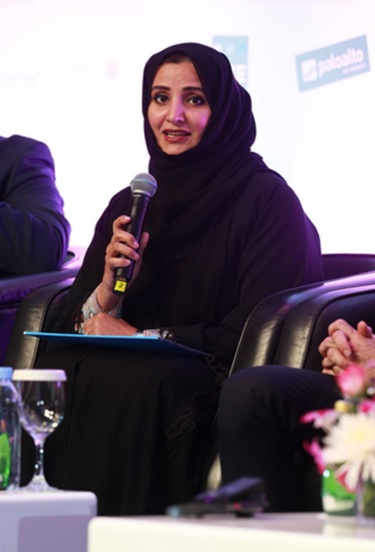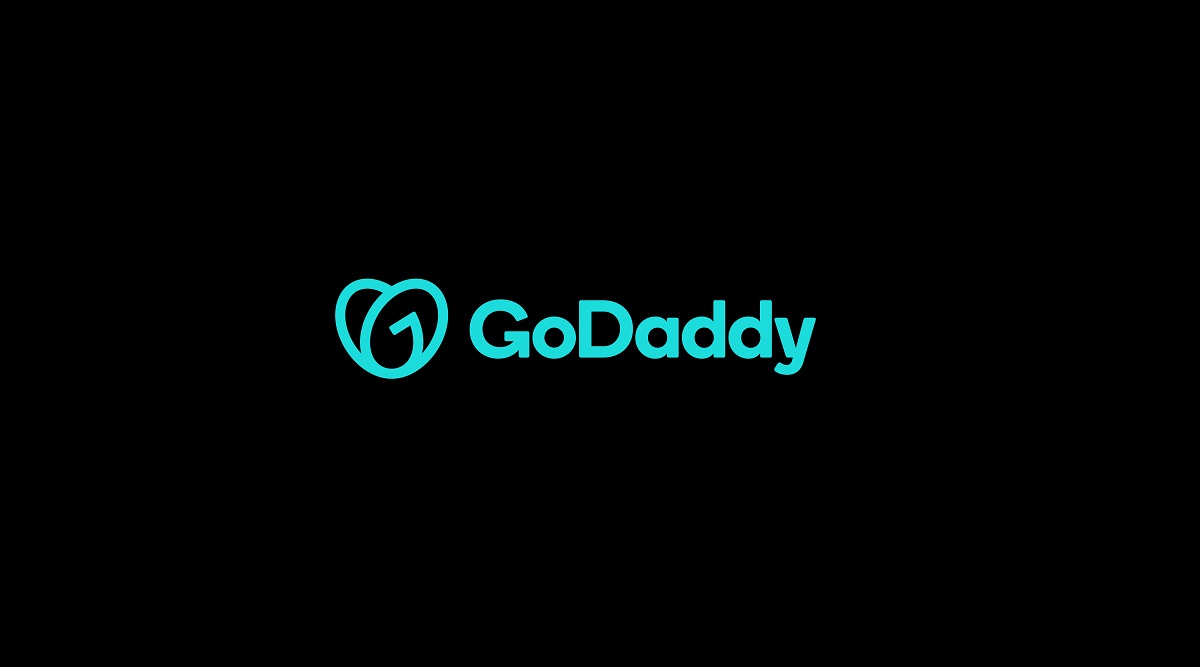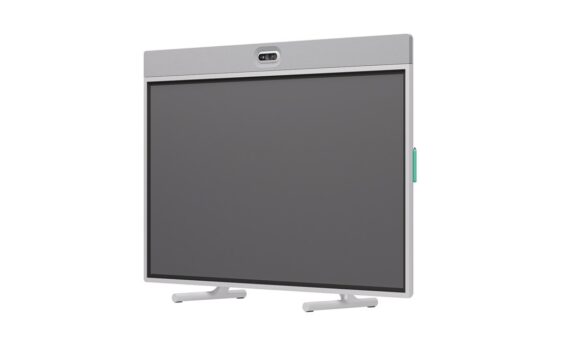Middle East enterprises must recruit higher level strategists to drive digital transformations, global CIOs urged during GITEX Technology Week 2015’s conferences program.
As the Internet of Things era advances in the Middle East, Frost & Sullivan predicts there will be 50 billion global connected devices by 2020, spawning new services, data streams, and control over customer and supplier products.
However, Middle East enterprises face increasingly complex business processes. Global and regional experts have debated how best to embrace digital disruption at the GTX Ignite conference and GTX Innovation Tech Talks, free to attend sessions with over 100 sessions and 150-plus global futurists.
“Over the next five years, business leaders in boardrooms across the Middle East will face a tough challenge in the digital economy, requiring them to disrupt themselves or lag behind. They need to simplify operations through real-time analysis of data from different divisions, such as HR, logistics and marketing,” said Jonathan Becher, chief digital officer and head of SAP Digital.
Chris Brown, Director of Innovation, Vodafone Global Enterprise, emphasized collaboration with multi-national companies, giving examples of how Vodafone has opened new opportunities and fostered an innovation culture.
Addressing Smart Cities, government leaders such as HE Taavi Roivas, Prime Minister, Estonia; Dr Aisha Bin Bishr, Assistant Director General, The Executive Office – Dubai, and Mayor Wade Brown of the City Council of Wellington, New Zealand shared the key pillars for Smart City framework, and the power of public-private partnerships.
Supporting innovation in oil and gas and aviation, Michael Gibbs, CIO, BP and Dr.Jassim Hajji, CIO, Gulf Air explained how real-time insights can transform businesses and enhance the customer experience.
Oliver Bierhoff, General Manager, German National Football Team, spoke on how Big Data analytics helped the team win 2014 World Cup Brazil.





